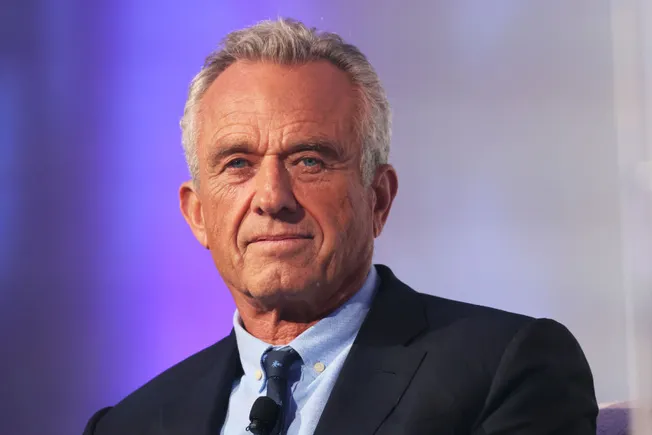HHS Secretary Robert F. Kennedy Jr. is making strides in his long-standing focus on autism, a topic that has often been connected to his views on vaccines. Recently, the NIH and the Centers for Medicare & Medicaid Services announced a joint pilot program to develop a real-world data platform for researching the root causes of autism spectrum disorder. This platform will utilize health information, including medical records, to facilitate research in this area. The initiative, which will initially use Medicare and Medicaid data, is expected to expand to cover other chronic conditions in the future.
Kennedy has been vocal about his commitment to uncovering the causes of autism, a condition that affects 1 in 31 children. He has set ambitious deadlines for finding answers, with promises of significant progress by September. However, experts have raised questions about the feasibility of these timelines, especially in light of recent budget cuts that have impacted autism research funding.
While the project aims to address important questions about autism, concerns have been raised about potential privacy issues related to the collection of data on individuals with autism. Some government officials have already taken steps to protect the privacy of this information, highlighting the delicate balance between research and safeguarding personal data.
Despite these challenges, Kennedy remains resolute in his efforts, supported by President Donald Trump. He emphasizes the importance of transparency and accountability in research, underscoring the need for honest answers that families have been waiting for.
Kennedy’s statements on autism have sparked controversy, particularly his claims about environmental exposures causing the condition. Critics have pointed out the lack of scientific evidence supporting these assertions, with many advocating for a more nuanced understanding of the complex factors contributing to autism.
Kennedy’s history of linking vaccines to autism has also raised eyebrows, with his past statements and actions drawing scrutiny from both the scientific community and lawmakers. His association with vaccine critics and involvement in vaccine-related lawsuits have further fueled skepticism about his approach to autism research.
As Kennedy continues to pursue his agenda on autism, the intersection of science, politics, and personal beliefs remains a contentious issue. The challenge lies in balancing the quest for answers with the ethical considerations surrounding data collection and the potential impact of research findings on public health policies.


